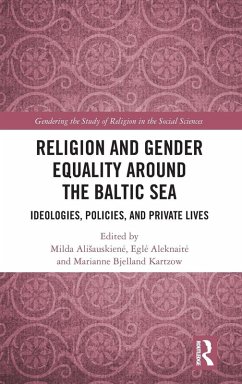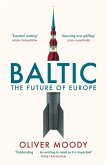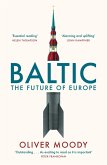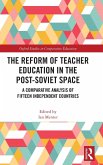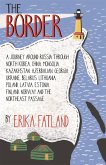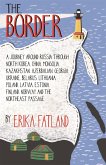This volume aims to rethink the intersections of gender and religion, as well as the secular and religious, in implementing and challenging gender equality at individual, institutional, and societal levels in the regions around the Baltic Sea. Acknowledging the diversity of societies and the significance of socio-historical contexts, the empirical data discussed in this book draw attention to the under-researched region of post-socialist Baltic states. The analyses presented in the chapters are based on fieldwork carried out in Lithuania, Latvia, Estonia, and Norway. This volume includes sociological, anthropological, historical, political science, and theological perspectives and covers five broad research areas: a shifting concept of gender equality and its developments in Baltic and Nordic countries; a diversity of developments within religious groups related to issues of gender equality and the negotiation of competing gender ideologies; inter-religious developments and gender equality; the role of religions in the construction of public discourse on gender equality; and religious socialization, focusing on the promotion of religious gender models through socialization and public education.
"The interactions between gender, in its many manifestations, culture, politics, education, individual dispositions, and the varied religions of the Baltic countries are examined and compared by scholars whose insights illuminate the vagaries of modern society far beyond the boundaries of the region. This is a volume well worth the read." - Eileen Barker, London School of Economics, UK
"Based on rich sources, this inspiring and provocative book traces the role of various spiritual traditions in both emancipation and subordination of women. It is a must-read for anyone who wants to know how religion shapes gender politics in the archetypically secular-post-Soviet and Nordic-influenced-Baltic States." - Agnieszka Koscianska, University of Warsaw, Poland
"Over the course of the book, the contributions provide fresh analysis of the contentious relationship between religion and gender equality as norms and practices in institutions and in everyday life. The overall approval of religious women in these Post-Soviet states to norms of gender equity rather than gender equality, eases conservative forces pushing anti-genderism." - Beatrice Halsaa, University of Oslo, Norway
"Religion and Gender Equality around the Baltic Sea provides a fascinating and analytically sound account of how the multiple narratives of gender equality circulate, and how they intersect with different religious narratives in religious women's lives, religious hierarchies, and public institutions." - Alberta Giorgi, University of Bergamo, Italy
"A fascinating investigation of the intersection of power and gender in the religious communities of Lithuania, Estonia, Latvia, and Norway. In this collection of ground-breaking research by local scholars, we hear the voices of women in Baltic religious communities, ranging from the Lutheran Church to Muslim communities to neo-Pagan NRMs." - Susan Palmer, Concordia University, Canada
"This is a thought-provoking and timely exploration of how religion intersects with gender equality in post-Soviet societies. This volume combines rich theoretical insights with in-depth case studies spanning Christian, Muslim, and Pagan communities. It highlights the complexities of navigating gender roles within diverse religious traditions, offering fresh perspectives on gender justice in public and private spheres." - Jenny Berglund, Stockholm University, Sweden
"Based on rich sources, this inspiring and provocative book traces the role of various spiritual traditions in both emancipation and subordination of women. It is a must-read for anyone who wants to know how religion shapes gender politics in the archetypically secular-post-Soviet and Nordic-influenced-Baltic States." - Agnieszka Koscianska, University of Warsaw, Poland
"Over the course of the book, the contributions provide fresh analysis of the contentious relationship between religion and gender equality as norms and practices in institutions and in everyday life. The overall approval of religious women in these Post-Soviet states to norms of gender equity rather than gender equality, eases conservative forces pushing anti-genderism." - Beatrice Halsaa, University of Oslo, Norway
"Religion and Gender Equality around the Baltic Sea provides a fascinating and analytically sound account of how the multiple narratives of gender equality circulate, and how they intersect with different religious narratives in religious women's lives, religious hierarchies, and public institutions." - Alberta Giorgi, University of Bergamo, Italy
"A fascinating investigation of the intersection of power and gender in the religious communities of Lithuania, Estonia, Latvia, and Norway. In this collection of ground-breaking research by local scholars, we hear the voices of women in Baltic religious communities, ranging from the Lutheran Church to Muslim communities to neo-Pagan NRMs." - Susan Palmer, Concordia University, Canada
"This is a thought-provoking and timely exploration of how religion intersects with gender equality in post-Soviet societies. This volume combines rich theoretical insights with in-depth case studies spanning Christian, Muslim, and Pagan communities. It highlights the complexities of navigating gender roles within diverse religious traditions, offering fresh perspectives on gender justice in public and private spheres." - Jenny Berglund, Stockholm University, Sweden

